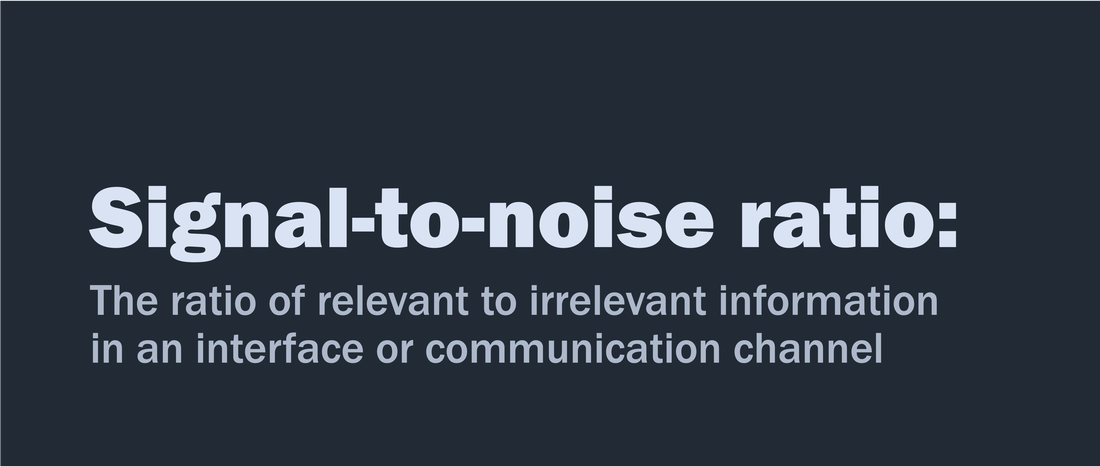|
The role and contribution of the board of directors in companies has become a source of fascination for many; curiosity growing with each corporate failure or significant misstep emanating from the boardroom. On paper, the role of the board is straightforward: to steer and guide the company towards agreed objectives. The legal framework within which directors operate is both stable and adequate, duties are specified and the principles are clear. So, what could possibly go wrong? Guidance to help boards govern well is not in short supply. Many researchers have postulated the configuration of the board is material to effectiveness and outcomes; some say the key lies in board process and policy; and yet others point to boardroom behaviour. Consulting firms and directors' institutions have proposed models too. While these proposals are enticing, failure studies and other analyses suggest none provide surety in terms of helping boards operate effectively in practice. One of the reasons reliable guidance remains elusive is that board work is far from straightforward. Long-term studies of boards informed by direct observations of boards in session are few and far between. And, boards need to consider many things, debate options, weigh up risks and, ultimately, make decisions—all within an environment characterised by ambiguity and change. And if that is not enough, the board does not operate the company, the executive does. If a board is to have any hope of discharging its duties, much less govern well, a solid foundation is crucial. That means directors need to understand their role and duties, and make sense of information.
If a board is to exert any meaningful influence beyond the boardroom, directors first need to understand the duties of a director and role of the board. Competence gaps are not tolerated in medicine or engineering: No one would expect a doctor to use a carpenter’s tools, or accept crayon drawings from an engineer. And yet such acceptance is tacit amongst directors and shareholders. What is more, if a director transgresses, the likelihood of being held to account before the judiciary is relatively low. A commitment to professional development, and the professionalisation of directorship, are proposed as mechanisms to close the competence gap. Once in the boardroom, directors need to apply their collective knowledge and expertise, maturity and wisdom as they consider information, distinguish signal from noise, and make decisions. If that can be achieved, the likelihood of the board making an effective contribution greatly is enhanced. The gap between the board's provision of steerage and guidance (i.e., governance) and business performance has been at the core of my work over the past two decades, motivating my formal research, practical enquiry and contributions as a director. If you would like an update on recent progress, please contact me.
0 Comments
Leave a Reply. |
SearchMusingsThoughts on corporate governance, strategy and boardcraft; our place in the world; and other topics that catch my attention. Categories
All
Archives
May 2024
|
|
Dr. Peter Crow, CMInstD
|
© Copyright 2001-2024 | Terms of use & privacy
|


